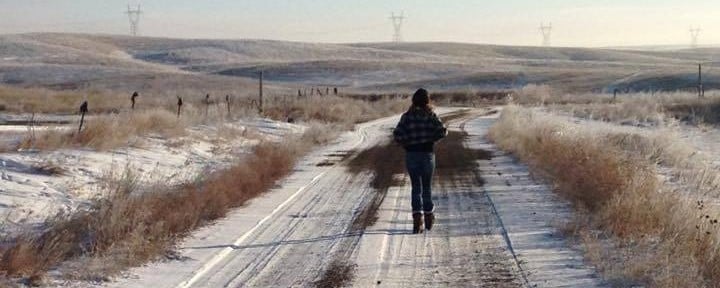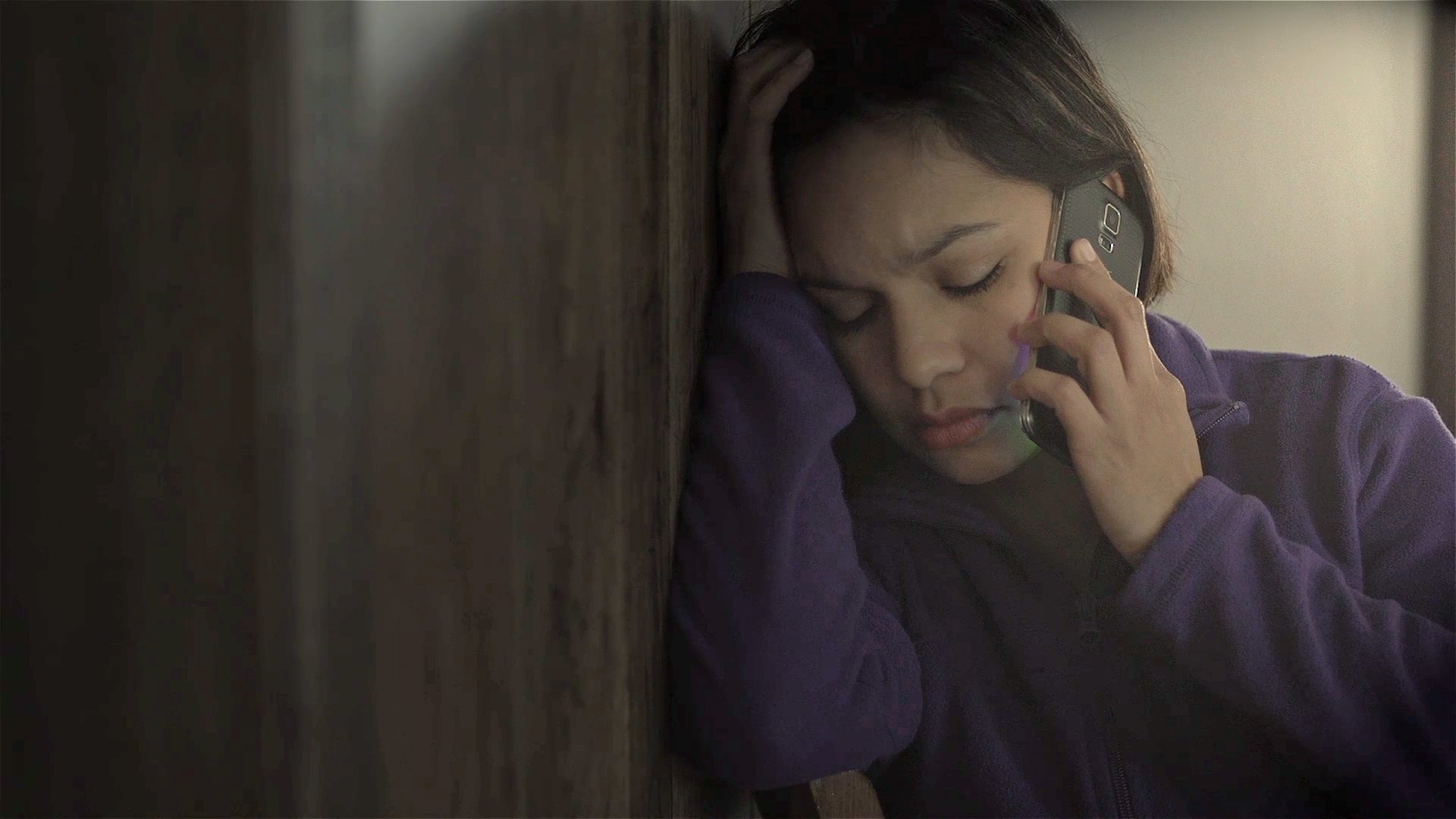Mar 7, 2019 | Native Hope
The day Dirk Whitebreast lost his sister was the last day he touched alcohol.
A member of the Sac and Fox tribe (Meskwaki Nation), Whitebreast and his two sisters were raised by his grandmother and grew up interested in heavy metal culture. By the age of 12, Whitebreast was already struggling with various types of addiction. Despite spending time in rehab, his addictions simply morphed toward different substances. It wasn't until he lost his sister to suicide in 2003 that Dirk Whitebreast became interested in running.
Watch the full video interview below to hear Dirk Whitebreast talk about his journey from addiction and sorrow into strength.
Video Interview with Dirk Whitebreast
Building Up a Strong Native American Community
For Whitebreast, running has been an avenue to growth and healing in many other parts of his life beyond just the physical. In an interview with NDNSports, he explains how running began to influence these other areas:
"When I started running in the beginning, I started thinking about what I was learning from it. I told myself that I was getting good at running and that the things I learned from running, I can apply to different parts of my life. I attempted to do that. The ethics that I learned from running, the motivation, the ambition, the goal setting and striving, I put those [things] into my daily job, my employment, and also tried to use that in my relationships with my friends and family to be a stronger companion, to be a stronger relative and to be a stronger member for my family."
Now, his own Red Earth Running Company website talks about setting a path toward a culture of endurance.
"Endurance culture is a lifestyle. It's encompasses the practices that lead to the ability for overcoming challenges and coming away from those experiences more personally powerful – physically, mentally, emotionally, and spiritually."
In addition to his role as the founder of Red Earth Running Company and his 45 marathon finishes, Whitebreast has managed to use his platform as a runner in other ways. In 2011, Whitebreast ran 10 marathons in 30 days, a total of 262 miles, in order to honor his sister's memory and raise awareness about the high rates of suicide in Native American young people. He also serves on the board of the Center for Native American Youth.
In 2018, Whitebreast was given the Native American 40 Under 40 award in recognition of his leadership within his tribe and community, but also for his larger leadership and inspiration around Native health and wellness and Native suicide prevention.
Increasing Indigenous Representation in Mainstream Culture
One of the many challenges that Native Americans face is a lack of representation and especially a lack of mainstream, normalized representation that captures their daily life in the 21st century.
As Whitebreast discusses, Native Americans are not often represented in the mainstream American fitness culture or running culture, despite the rich Native American culture and history around running. Through Red Earth Running Company and through his role as a speaker and role model, Whitebreast is able to draw attention to the Native voices and Native stories in this space and to share these widely with the world.
Health and Wellness Are Important Avenues to Healing
Why is it important to share stories like Whitebreast's?
Because so many Native Americans have experienced profound healing from the challenges of abuse, addiction, generational suffering, and more through running, yoga, and other forms of physical activity. Regularly engaging in these physical activities opens up a grounding, centering space and time where reflection and emotional healing can occur. Here at Native Hope, we have shared similar stories from Waylon Pahona and Haley Laughter, both of whom found spiritual, emotional, and physical healing through physical activity.
If you are someone who is searching for healing, take courage and inspiration from these stories and know that there is always hope.
Stories like Dirk Whitebreast's remind us all that we have the power to change the stories of our lives and that other Native Americans are here today forging new paths and building communities of strength and endurance.
Want to learn more about how Native Americans are rebuilding a culture of hope and healing? Check out the videos and stories in our full resource, Building a Hopeful Future.




COMMENTS